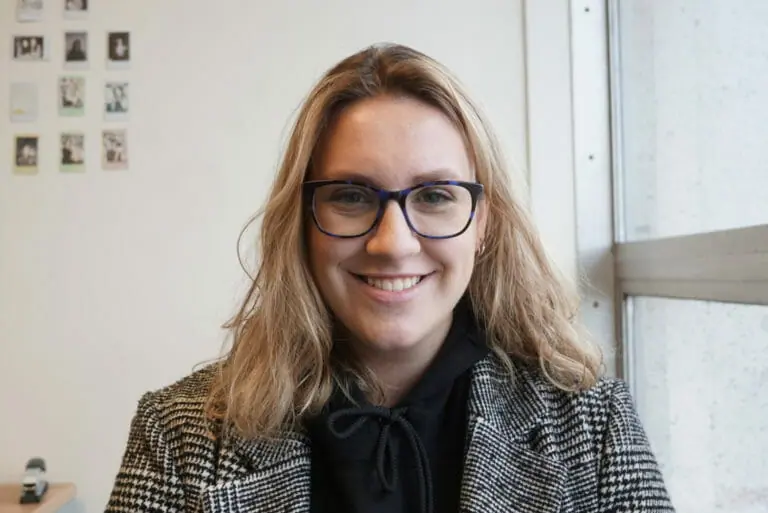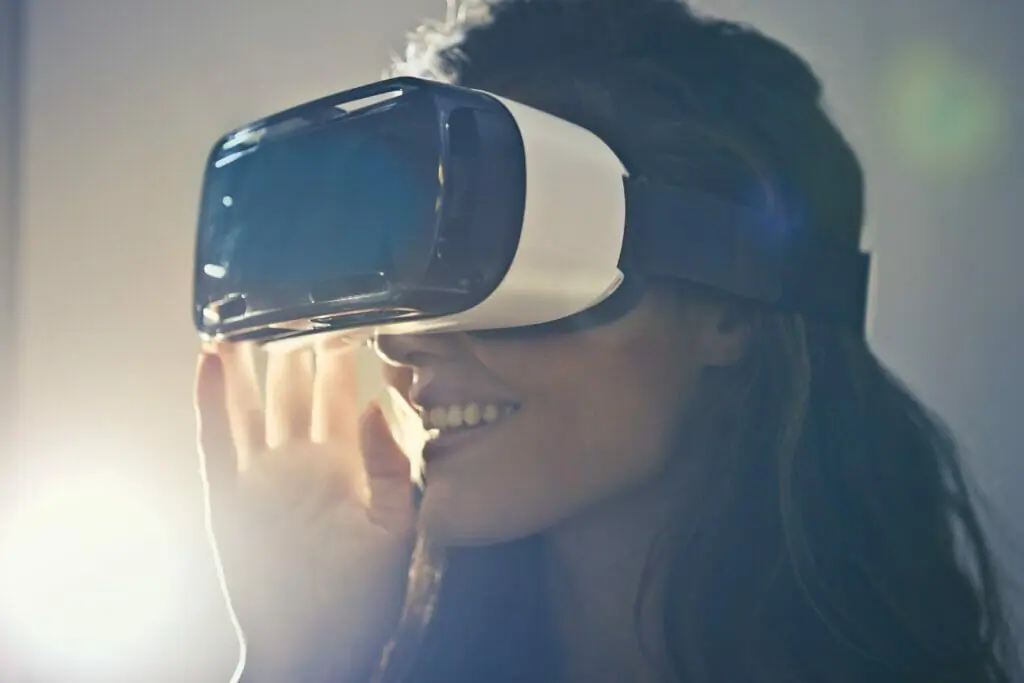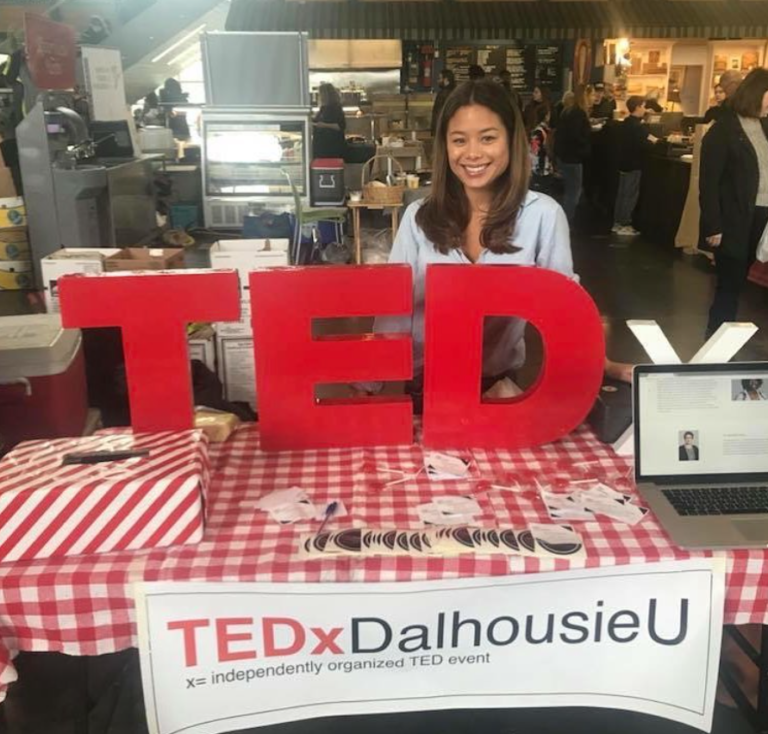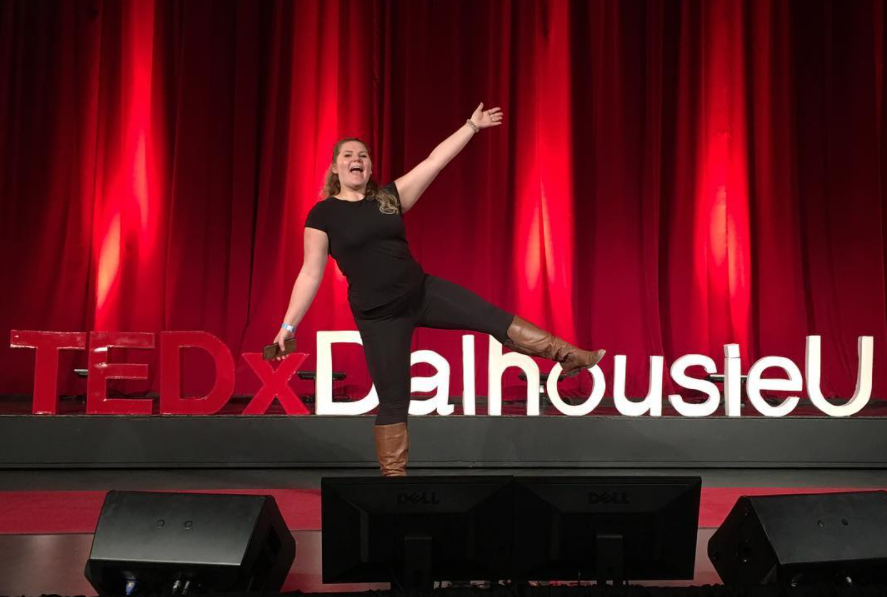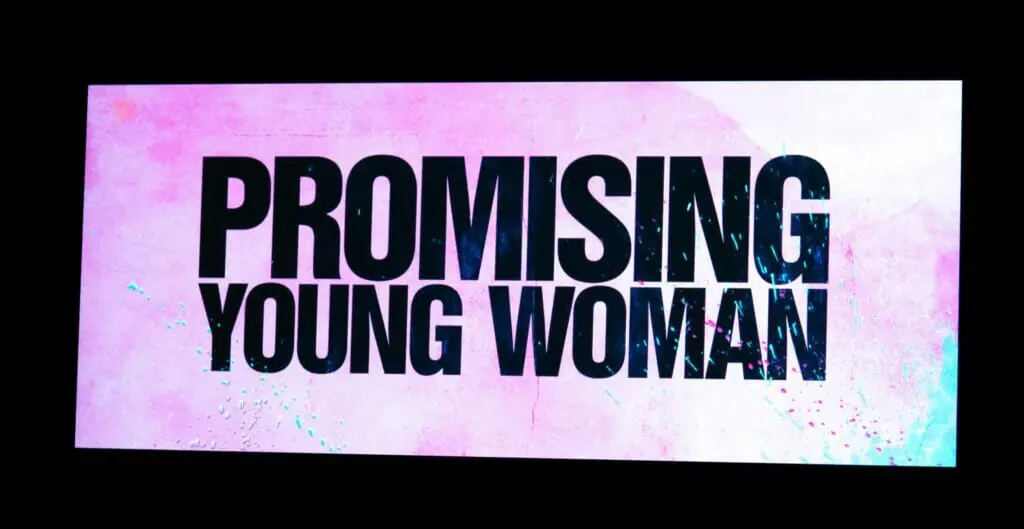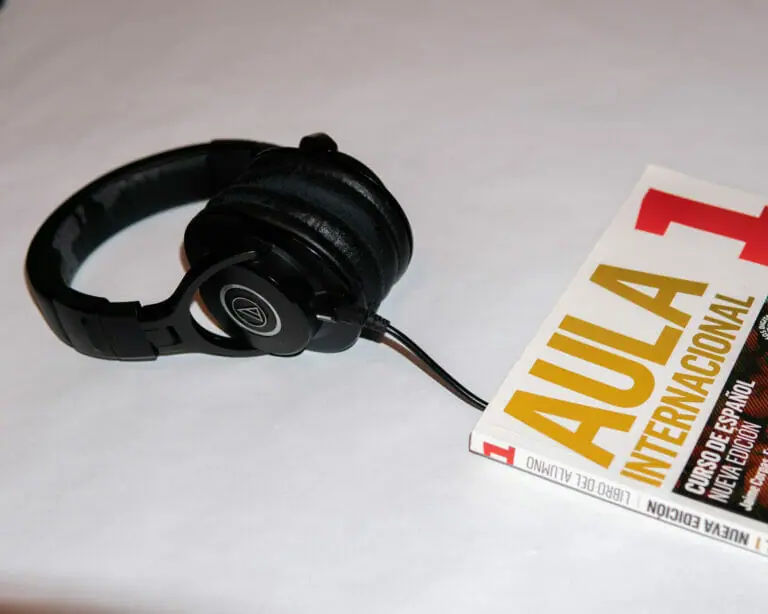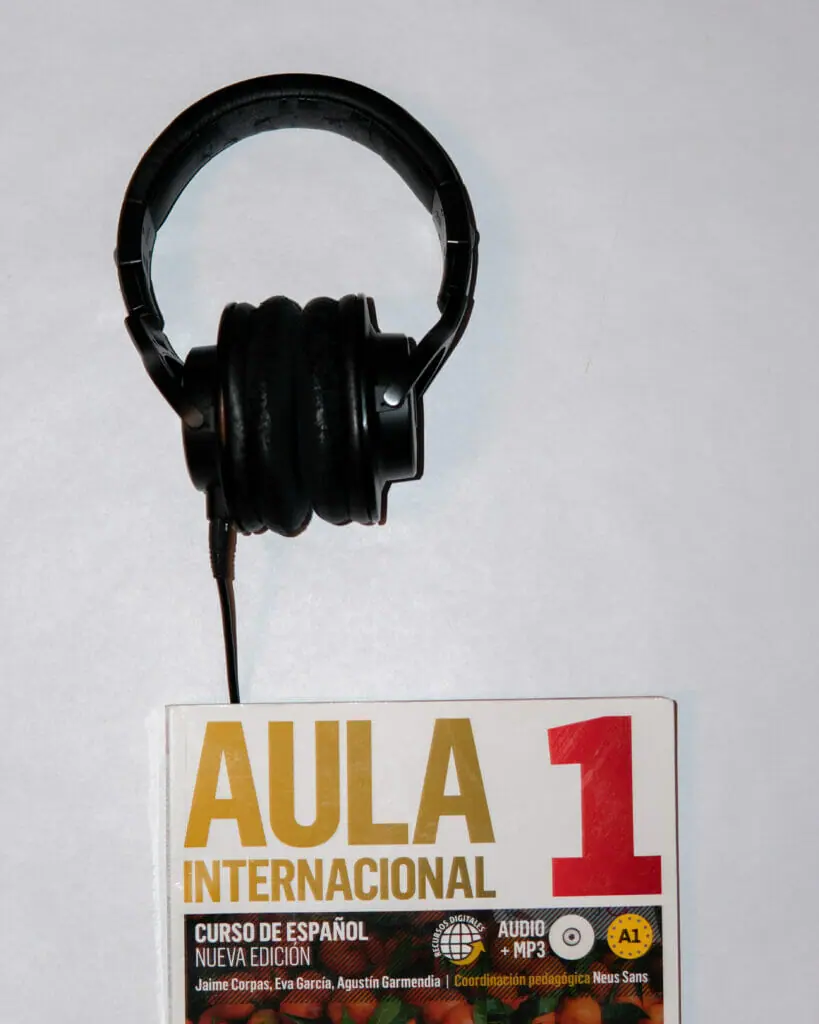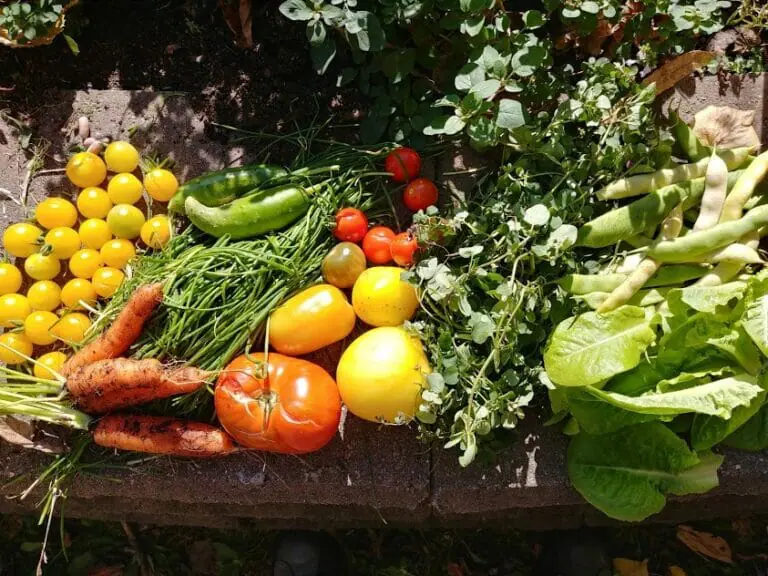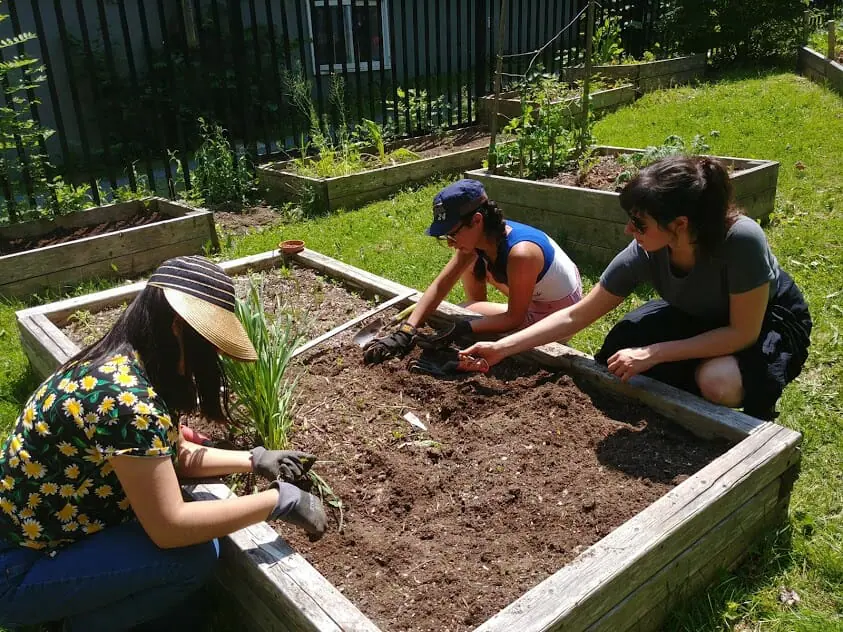Editor’s note: This interview was edited for length and clarity.
Why are you running for this position?
There’s a bunch of different reasons why I’m running. But I guess the more specific one is since we’ve transitioned to online, I’ve noticed that nothing is really streamlined for students and it’s really frustrating to figure out how to navigate just the online space in general. Also, navigating university is just really hard.
But throughout this transition, I’ve had a few, I guess, incidents where I felt like my voice wasn’t heard.
My accommodations were completely messed up in the first semester and it wasn’t until the midway point that I realized this. When I reached out to the accommodation’s office, they essentially said that it was my fault that I didn’t fill out the forms properly. But they’re forms that I filled out for the past three years. My file just kept getting thrown around from like advisor to advisor. It was really confusing because one, I didn’t know who to reach out to, and two, I felt like my entire semester up until that point was wrong. I just didn’t trust the grades that I was getting because obviously I knew just the way that I work, I knew that my grades were going to drop going online. But I didn’t know to the extent that my grades were going to drop.
So, it was kind of well, is this because of my accommodations? Or is this because of online class? And I just kind of felt like I was stuck in a corner and literally couldn’t turn anywhere because there were no resources for me. I didn’t know what to do. I felt like that on numerous occasions especially since transitioning to online.
I don’t think it’s fair to students to have to feel that way. I know that this is very based on my own personal experience. But I know that I’m not alone in this. I know people, like students specifically, need more transparency and I feel like that comes from the Dalhousie Student Union (DSU), which is an organization that is supposed to advocate for students.
What kind of things are you thinking about with regards to online learning? Do you have any plans at the moment you would hope to implement in that space?
It’s hard because we’re used to being able to just walk into the Killam Library and sit down, or walk into the Student Union Building (SUB), and eat at the Grawood and go to those events. But in terms of concrete changes, a lot of my platform surrounds the need for transparency and the need to feel heard. I actually reached out to Reddit like, the Dal subreddit. I wanted to reach out to Reddit because it’s been a place that I’ve turned to on multiple occasions for advice, but also because it’s so anonymous. It also allows the ability to have a conversation with students outside of your faculty or outside of your classes.
Specifically, the people that have responded to my post in the Dal subreddit have been students from the Sexton campus and what has been repeatedly stressed to me is there is a need for representation for that specific campus.
In your candidate profile you talked about being a graffiti artist. How do you think the skills you learned as a graffiti artist will help you as an academic leader?
The people that I’ve met in the graffiti community in Toronto really opened my eyes to [how] it’s not just painting on a wall. I got more involved in community projects and writing grants. What I loved about this process of creating art –– especially because I was very involved in the Indigenous community as a Métis and Trinidadian –– was building community pieces. [During] this process we would facilitate workshops, and in these workshops, we talk about: “What do you love about your community? What do you enjoy? What are memories that you have?” And in return for your knowledge and your stories that you’re sharing with myself and my team, we build this rendering of a mural.
Then we go back to the community and say: “Hey, do you see yourself in this? Do you like it? Is there anything that you’d like to change?” And there’s this dialogue, going back and forth. Yes, at the end of the day I’m the one that’s getting paid and I’m painting this mural. But at the same time, it’s your voice and your story that’s weaved in between. What we give back to these participants is not only the mural itself, but also how to do art.
It was that experience of really giving back to the community that really pushed me to say, “OK, well, what can I do one step forward?” So, I guess that like transition between art and kind of back into politics, if you want to even call it that, is me just really seeing this need to have people’s voices heard.
What do you think the biggest issue on campus is?
I mean, for one, definitely the tuition increase. That one hit very hard for me specifically. I didn’t even know if I was going to be able to come back to school. . . Thankfully, I have the Ontario Student Assistance Program and I’m able to make those ends meet. But I couldn’t imagine having to pay tuition out of my pocket.
The second thing is really with the accommodation’s office, to really have those services promoted across campus. Not just that you can get a note taker, or you can get extra time on your exams because that’s not it. That’s not all the accommodations that are offered. So, really just promoting that transparency for services on campus.
Is there any positive thing you think the DSU did this year for students?
To be completely honest, it felt as though my union fees went to waste this year. With the transition to online, I’m wondering, why I am paying more tuition to learn from my own computer that I paid for with my own money from my own job?
It was amazing that FASS [faculty of arts and social sciences] had the discussion boards on Brightspace, which definitely went a couple ways. It was good to see they were wanting that feedback. But when you’re talking to such a large number of students, you’re not going to have one consensus. This is what we need to do because everybody’s different.
That’s what’s so frustrating about the DSU this year. This is what I’m seeing from students commenting on discussion boards and whatever. It’s like, we’re paying fees. We don’t know what you’re doing. Sure, we see the budget and the annual report. But what does that mean? . . . Because we don’t know what we’re paying for, we don’t know what we’re getting into.
Is there an issue you think the DSU handled poorly this year? If so, how would you handle it differently?
More consultation: That’s the base of my platform. This isn’t, I’m not taking this as a game. It’s not me just playing politics to get into the DSU and get that nice salary. I’m tired of complaining to my advisors, and professors and friends. I want to channel that energy into trying to do something productive. I think at the very core of this, it’s not the whatever number of people that sit at the executive table. It’s not just those people. It’s who are we representing, whose voices should be intertwined in this. It’s not discussion boards on Brightspace. It’s face-to-face conversations with real people that need to happen. Because if we’re not doing this, how are we going to actually represent who we are supposed to?
I guess, in terms of concrete things that I would do, it’s really that consultation. I can’t promise to make mountains move. I can’t promise to lower tuition, I can’t promise to make student debt disappear. But at the very least I can promise to the student body that I want to hear your stories and say, ‘Well, what do you want to move forward? The union fee that you’re charged on your tuition, what justifies that for you?’
You mentioned students feel like there’s not too much communication coming from the DSU and students don’t have the time or motivation to look through the few pieces of communication they receive, such as a budget report. What kind of tools would you use to increase transparency?
Of course, social media. That’s a huge help. It’s frankly like one of the easiest ways to spread the mass information out there. Especially with like, being able to follow the DSU on Instagram, or even the Facebook page.
Understanding your tuition. There should be at least like a pamphlet or something to explain, ‘Here’s your tuition costs broken down.’ Don’t just give me facilities for $100; what does that mean? Is that Wi-Fi? Is that the custodians that are cleaning the building? Is that the utilities, like what is that? DSU fee, what is that?
In the bathrooms and stuff at Dal, there’s also like the sheets of where to go for help and like a bunch of phone numbers. That’s intimidating. Up until two years ago, I wasn’t able to order my own pizza on the phone because I was so anxious. You expect me to call the crisis hotline if I can barely order my own food?
There has to be multiple channels. Even if it’s a submission box that’s completely anonymous, where all you need to do is put in your email, and you don’t need to even put in a name. So, even just having an anonymous submissions box, or creating pamphlets that we could have online as PDFs and in the SUB as free to take. It’s not me having to come out with my phone and take a picture of the poster in the bathroom stall and find another place to go call this number. It’s making it right there, ready and accessible for students.
What’s the most fun you’ve had on a screen this year?
Oh my god, probably the Christmas Zoom call with my family. My partner’s family is like 10 people total. But mine is like 40 people. So, there’s like 20 of us on the Zoom call and they’re all yelling at the same time, all having different conversations. I’m like, ‘Oh my god guys, just learn how to use the mute or something’ because nobody was taking turns and it was just a nightmare. So definitely the two Christmases, where like one was super quiet and one was really loud.



